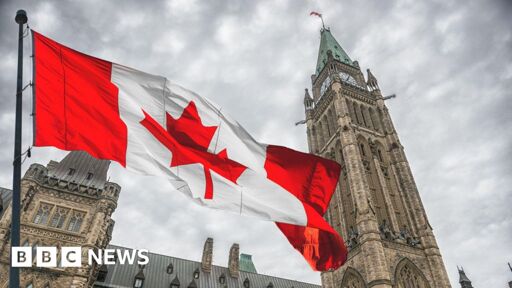- cross-posted to:
- [email protected]
- [email protected]
- [email protected]
- cross-posted to:
- [email protected]
- [email protected]
- [email protected]
Summary
Euthanasia accounted for 4.7% of deaths in Canada in 2023, with 15,300 people opting for assisted dying—a 16% increase, though slower than prior years.
Most recipients had terminal illnesses, primarily cancer, and 96% were white, sparking questions about disparities.
Quebec, at 37% of cases, remains Canada’s euthanasia hotspot.
Since legalizing assisted dying in 2016, Canada has expanded access, now covering chronic conditions and planning to include mental illnesses by 2027.
Critics, citing rapid growth and controversial cases, warn of insufficient safeguards, while proponents highlight strict eligibility criteria. Debate continues globally.



It’s a good option to have, imo. People will try to commit suicide, even without this.
They’ll fail and become a larger burden to society in a lot of cases. Or run up medical bills and exist miserably.
With this method, folks who are interested have to clear a hurdle beyond their own emotions and survival instincts.
If they’re committed to the act, this ensures a dignified end vs many terminal conditions.
Suffering near end of life can be horribly tortuous. The ability to end the suffering on your terms with dignity is a benefit to society and those suffering.
Do you feel hospice care is a bad thing? It’s one step removed from assisted suicide in many ways.
In hospice care they often give you enough drugs to end it quickly, and instruct the caregivers to NOT call emergency services.
We’re all going to die, at least we can make it somewhat civil.